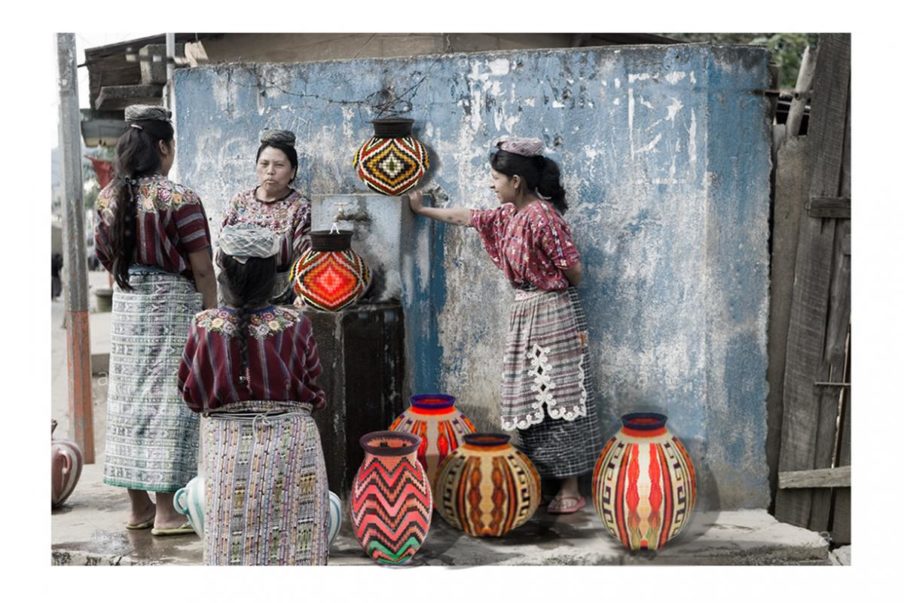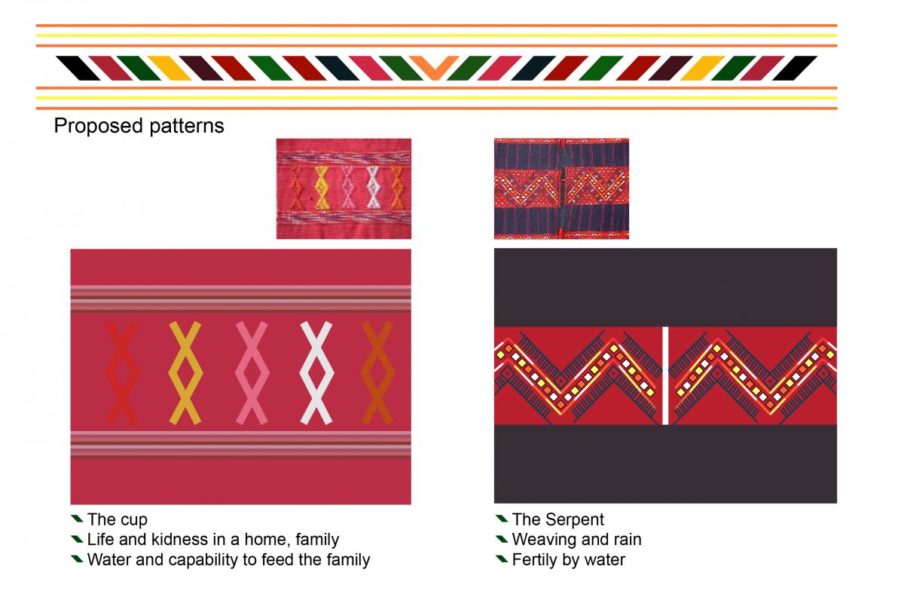Woven Water Filter


A Sensing Textile: As communities create their own fabrics and materials technological innovation within the materials used can turn wearable items into sensors. Where the pattern of a backpack, scarf, or sock changes to warn of pathogens or contamination in the immediate surroundings.
Photo: Felecia Davis
Source
Stuckeman School at Penn State University, Stuckeman.PSU.edu